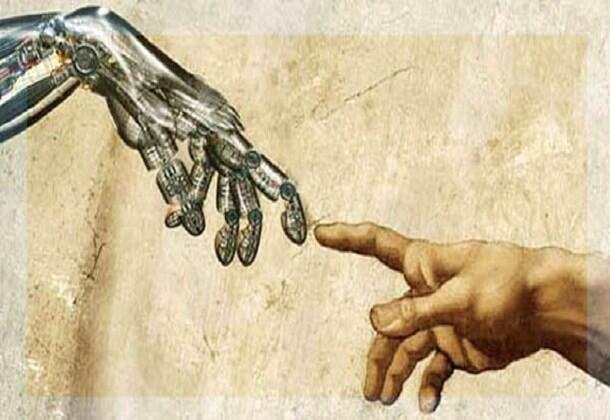Semester:

Day/Time
This course is not being offered during the current academic year.
Instructor
Sütterlin
Genetic engineering, artificial intelligence, smart surveillance – recent scientific and technological advancements have reconfigured our understanding of the human body and its environment in unprecedented ways. The molecular revolution in the life sciences has turned the body into a software that can be coded, recoded and rewritten. Meanwhile, the digital revolution has allowed algorithms to take an increasing hold over people’s online selves. Developments such as these constitute what a broad range of cross-disciplinary researchers in the so-called posthumanities have termed the “posthuman predicament” in recent years. The current Sars-CoV-2 pandemic has but exacerbated the challenges we face in the posthuman age, increasing the need for defining the boundaries of the human body, both molecular and digital, and the power structures that govern it in the 21st century. How can literature and the arts help us address these challenges? This course explores how contemporary literature as well as literary and cultural theory construct the body, define the self, and critique biopolitical powers in the posthuman age. Focusing on German literature specifically, the course also inquires how events such as German reunification, the 2015 migration crisis, or the rise of authoritarianism in some EU member states correlates with the posthuman predicament. Reading materials include authors such as Berg, Erpenbeck, and Grünbein, and theorists such as Foucault, Habermas, and Hayles.
Note: Discussions in English, readings in English and German. Open to undergraduates with permission of instructor.
